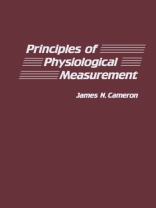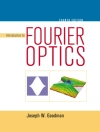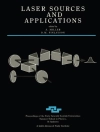Principles of Physiological Measurement examines the basic principles underlying the techniques and instruments used in making measurements, including tracer methods and compartmental analysis. It describes measurements of oxygen, carbon dioxide, p H, ammonia, and miscellaneous gases such as hydrogen and nitrogen. The book also describes the general concepts of electrical transduction, amplification, and recording. Organized into 15 chapters, this volume begins with an overview of some fundamental concepts of measurement, including basic gas and solution concepts, electronics relevant to measurement methods, and error in designing experiments. Some chapters are dedicated to the measurement of oxygen in gases and in aqueous solutions, partial pressure measurement of carbon dioxide in liquids, measurement of intracellular p H, and measurement of ammonia in gases and in solutions. Other chapters discuss the blood gas measurement, problems of controlling the gaseous environment, and basic principles of flow, velocity, force, displacement, and pressure, along with common methods for their measurement. The final chapters deal with ions and solutions, radioisotope concepts and techniques, and tracer kinetics. This book will be of interest to natural scientists and students in physiology courses.
James Cameron
Principles of Physiological Measurement [PDF ebook]
Principles of Physiological Measurement [PDF ebook]
Bu e-kitabı satın alın ve 1 tane daha ÜCRETSİZ kazanın!
Dil İngilizce ● Biçim PDF ● ISBN 9780323157438 ● Yayımcı Elsevier Science ● Yayınlanan 2012 ● İndirilebilir 6 kez ● Döviz EUR ● Kimlik 2678996 ● Kopya koruma Adobe DRM
DRM özellikli bir e-kitap okuyucu gerektirir












